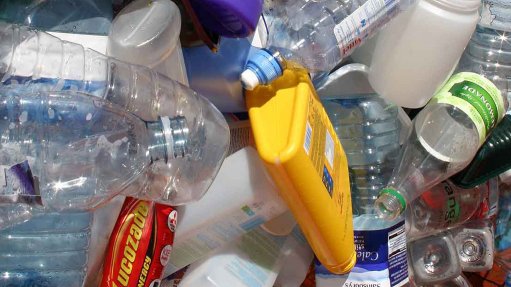
Packaging company Tetra Pak South Africa (SA) has welcomed the Section 18 regulations relating to extended producer responsibility (EPR) in the National Environmental Management: Waste Act.
Existing producers can register with the Department of Forestry, Fisheries and the Environment, before the regulations are implemented from November.
Tetra Pak SA environment and sustainability leader Rodney Reynders says the Section 18 regulations are a significant move towards a more collaborative approach between industry and government.
“Government has recognised that EPR is the preferred vehicle to reduce waste generation and increase diversion from landfill. Tetra Pak SA is fully aligned with this view, as we believe that EPR is central to South Africa’s waste management strategy to minimise growing waste volumes.
“Allied to this is the circular economy, which is an essential part of sustainability today.”
Tetra Pak SA was founded on the idea that a package should save more than it costs, with sustainability always at the core of how the company operates as a business.
Reynders says the company’s sustainability strategy is founded on its commitment, both globally and in South Africa, to a low-carbon circular economy.
“We believe that such an economy should consider not just recycling and reuse, but also the climate impact of raw materials and manufacturing, as well as impacts on biodiversity and freshwater availability.
“EPR is a central component of the overall circular economy strategic approach which is why we are committed to a circular economy that also has a low carbon focus: one that considers not just recycling and reuse, but also the carbon impact of manufacturing and, particularly, raw materials.”
In June last year, Tetra Pak SA confirmed its strategic priority in driving the sustainability transformation by setting an ambition to achieve net-zero emissions across the value chain by 2050.
For several years, Tetra Pak SA has invested in building recycling capacity for carton packages, supported collection programmes and created awareness that cartons can be recycled.
More recently, it has all the suppliers of liquid paperboard packaging working together under the newly formed PRO Fibre Circle to promote and drive the increased recycling of cartons.
Reynders notes that the company is committed to continue working closely with government as this process unfolds and it urges all industry players to start engaging sooner rather than later with producer recovery organisations.
“The success of this welcomed initiative will be based on numbers – the greater the levels of buy-in, the quicker we will start seeing tangible results and a positive impact on the environment,” he adds.